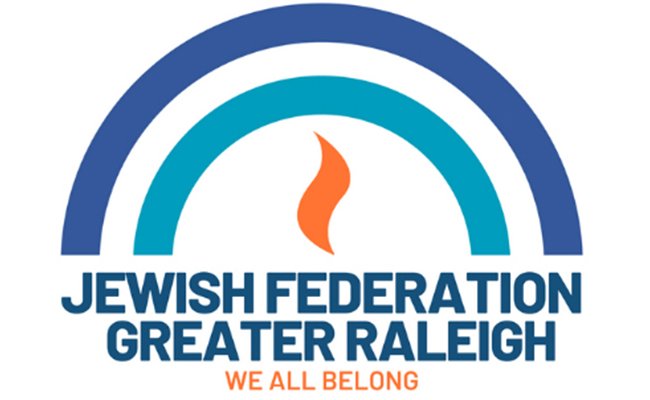Meet our August JCC Luncheon Speaker, Dr. Jodi Magness
Our next JCC Speaker Luncheon on August 30 will feature a talk from archaeologist and scholar of religion, Dr. Jodi Magness. Dr. Magness serves as the Kenan Distinguished Professor for Teaching Excellence in Early Judaism at UNC. She has participated on 20 different excavations in Israel and Greece, including co-directing the 1995 excavations in the Roman siege works at Masada. We talked to her to learn more about her work.
Q: What is the focus of your research?
In broad terms, I specialize in the archaeology of Palestine—a term I use in the British Mandatory sense to refer to modern-day Israel, Jordan, and the Palestinian Territories from the 1st Century CE to 8-9th Centuries CE. Within that, I have subspecialties in the Dead Sea Scrolls and Masada, among other things.
I wanted to be an archaeologist since I was 12. I was always interested in the Classical (Ancient Greek & Roman) world, and I ended up in Israel, so I focused on the Classical period in Israel.
Q: What will you be sharing at the Speaker Luncheon?
I will be talking about my ongoing excavation project at Huqoq in Galilee, near the Sea of Galilee. It’s an ancient Jewish village from the Roman and Byzantine periods. I will be focusing on the monumental synagogue building, which dates to the late Roman period. It’s decorated with amazing mosaics depicting biblical and nonbiblical scenes.
Q: What is the most surprising thing you found?
The mosaics are the most amazing thing. We didn’t expect to find a synagogue decorated with mosaic floors, and certainly not ones that are decorated with these scenes, which are not depicted in any other ancient synagogue anywhere.
Q: How has your field changed in the last 10 years?
Archaeologists are all part of a larger context, both scholarly and in general. Changes in the discipline mirror changes in the world at large. That includes advances in science and technology, both in the field and in processing what we find. Other developments change the way we approach and interpret the remains. I take students from UNC with me, and it’s always a concern how the peace and stability in the region affect our ability to bring students. Fortunately, that has not affected my fieldwork. What has impacted my work is COVID. For two summers, we couldn’t dig because of COVID.
Q: What is something you would like people to understand about these discoveries?
I’m not sure how much people know about what Jews and Judaism were like 1500 years ago. They are going to learn about what Jews were like in that period, and for people who are somewhat familiar, most of their information comes from Rabbinic literature. That presents quite a different picture from what we get from archaeology, so that’s going to be a surprise from what we get out of the excavations. What makes archaeology so exciting is that we bring new discoveries to light. People will always learn more.
Q: Where can people go to get more information on your work?
You can go to our website at Huqoq.org to learn more. At our website, you can also donate to support the project and the students.
To register for the Speaker Luncheon on August 30, CLICK HERE.
To read the complete bio for Dr. Jodi Magness, CLICK HERE.
